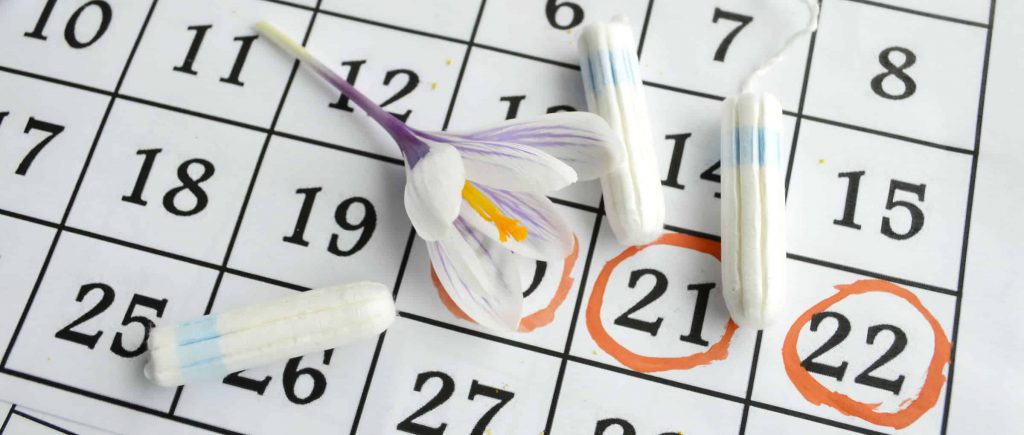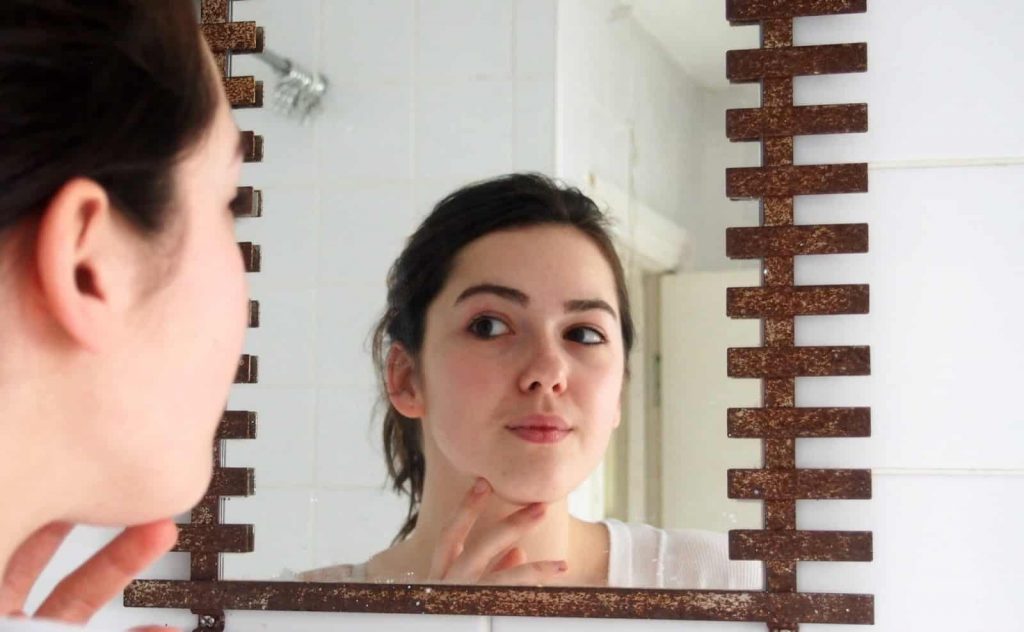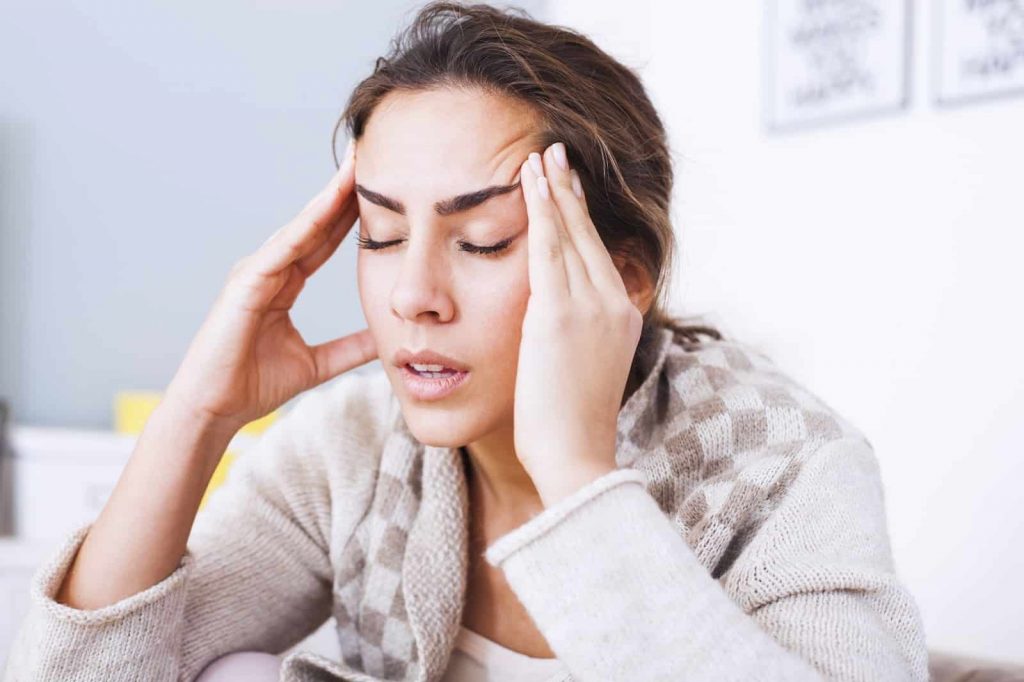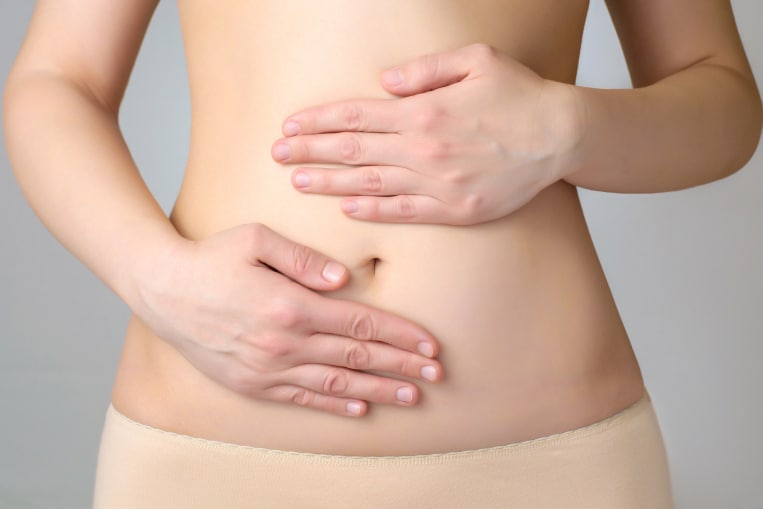Birth control is a literal life saver. A simple Google search will show you testimonies of how it has saved the lives of women across the globe. And yet, people still think it’s only good for sex and birth control. If you don’t know how this small pill is changing lives, then here are 9 truths to enlighten you:
1. It can regulate periods.

Periods can be unpredictable. For some, even healthy women, it never arrives on the exact date every month. While the average cycle usually lasts for 28 days, anywhere between 24 and 31 days is still considered normal. Birth control is for anyone who hates having to constantly guess when their period is going to come. Period cycles can become more predictable when on the pill.
2. It can help ease menstrual pain and cramps.

Nobody likes the pain that comes with bleeding every month. Sometimes, the menstrual pain can be so intense for some women that they are unable to stand. With birth control pills, the pain can be alleviated by slowing down the hormone that triggers muscle cramps.
3. It can give you better skin.

Did you know that testosterone is the root source of nearly all your skin problems? Acne, pimples, whiteheads, blackheads—they’re all byproducts of high levels of testosterone. Hormonal birth control can combat overactive testosterone levels.
4. It can help those with anemia.

Can birth control really fight iron deficiency? The answer is yes. Periods can cause iron-deficiency anemia (IDA). After all, women lose an average of 30-40 millilitres of blood each cycle. This number can go up to more than 80 millilitres for women with heavy bleeding. The loss of blood can cause fatigue and weakness—this is where oral birth control comes in. Oral contraceptives can help reduce blood loss. Moreover, some pills actually contain ferrous fumarate (iron) to help with blood loss. For anemia where periods are to blame, birth control is prescribed to treat the underlying causes of IDA.
5. BCPs can lower your chances of developing certain cancers.

According to the National Cancer Institute, women who use birth control pills are 50% less likely to develop ovarian and endometrial cancer. Pills address the hormonal imbalances that cause these cancers. Another study also found that taking oral contraceptives can also reduce the risk of colorectal cancer by 19%. The best part is that the reduced cancer risk is lifelong.
6. It can increase spinal bone density.

Women who took birth control pills saw a significant increase in spinal bone density by 3.3%, especially in the first five years of pill use. While this may be small, researchers from the University of Melbourne, Australia say that it’s significant. Especially after finding out that oral contraceptives seem to have a ‘protective effect on the skeleton.’
7. It can help ease menstrual migraines.

A drop in estrogen levels is what causes the menstrual migraines that 50% of women experience. Menstrual migraines can be so intense to the point that women can pass out from pain. The way to say goodbye to this surprisingly common side effect is to address the drop in estrogen through birth control.
8. It can ease endometriosis.

Endometriosis is a painful condition that affects one in ten women every year. Its symptoms can vary from nothing to intense pain similar to premenstrual syndrome (PMS) and its more severe form, premenstrual dysphoric disorder (PMDD). The biggest difference is that endometriosis causes internal scarring and, possibly, infertility. Oral contraceptives slow the growth of the tissues that grow outside the uterus to ease the pain.
9. It can relieve Polycystic Ovary Syndrome (PCOS) symptoms.

PCOS ranks first among all the common hormonal disorders that affect women. The tiny cysts that form a cluster around the ovaries cause a multitude of problems for women such as irregular periods, excess body hair, ovarian cysts, and weight gain. Most women who have PCOS also suffer from an imbalanced ratio between male and female hormones being produced, but with birth control, symptoms of PCOS can be relieved.

